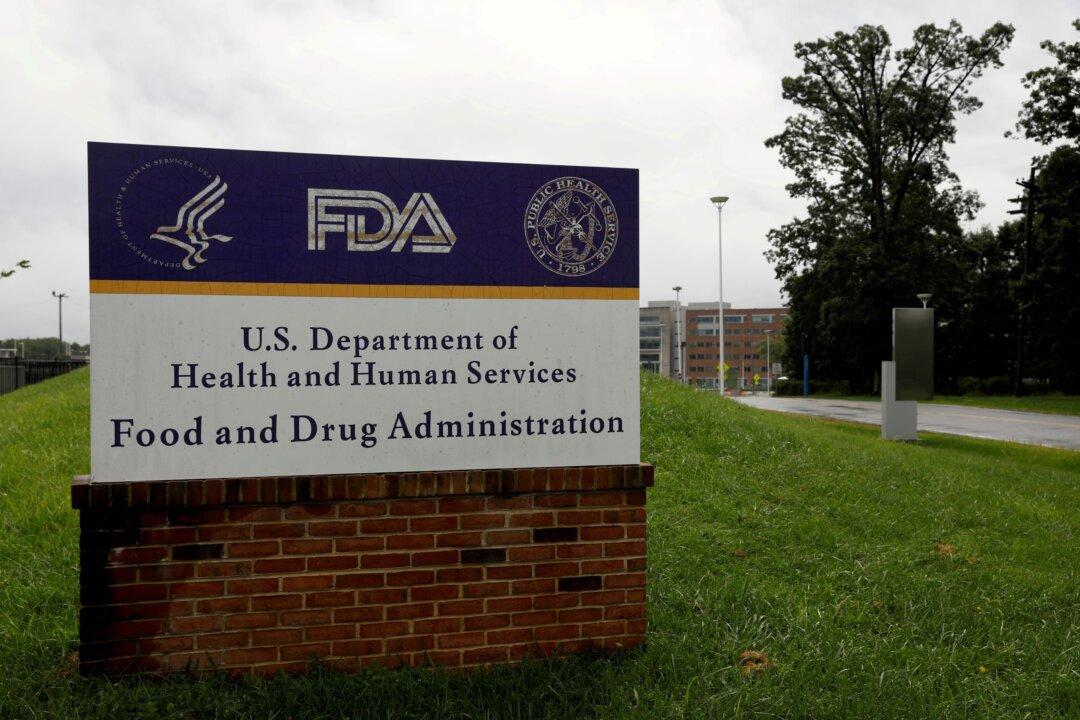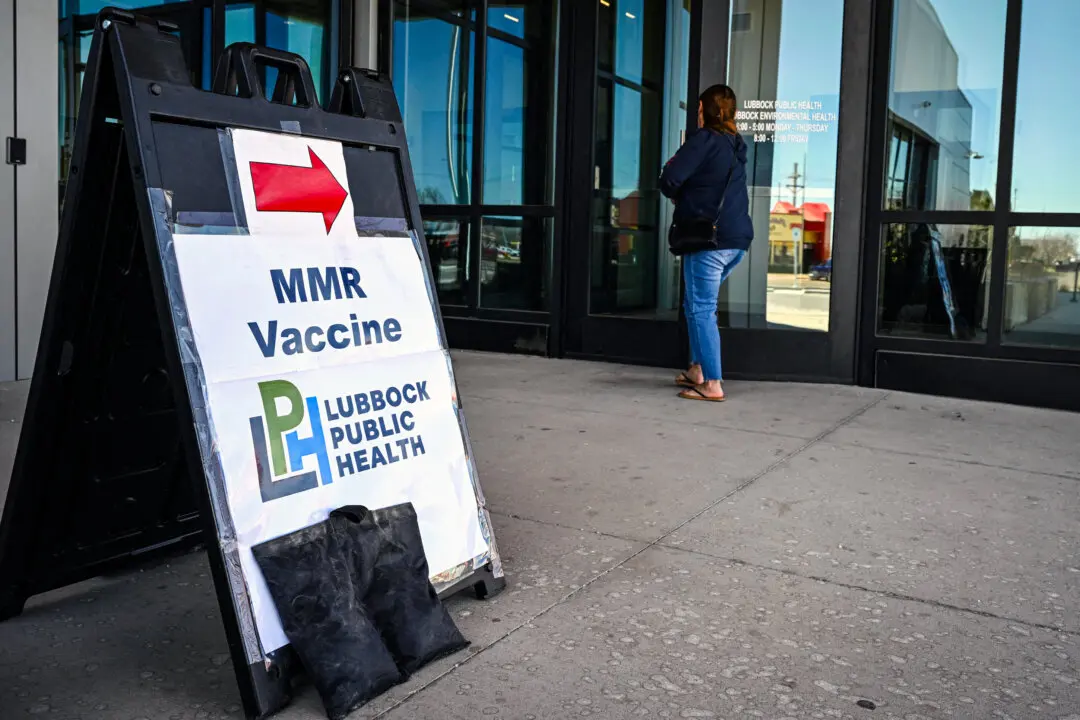The U.S. Food and Drug Administration (FDA) changed the end date of a study it is requiring Pfizer to conduct because Pfizer requested a delay, the agency says.
“The company requested an extension from FDA for completion, which the agency granted,” an FDA spokesperson told The Epoch Times via email.





